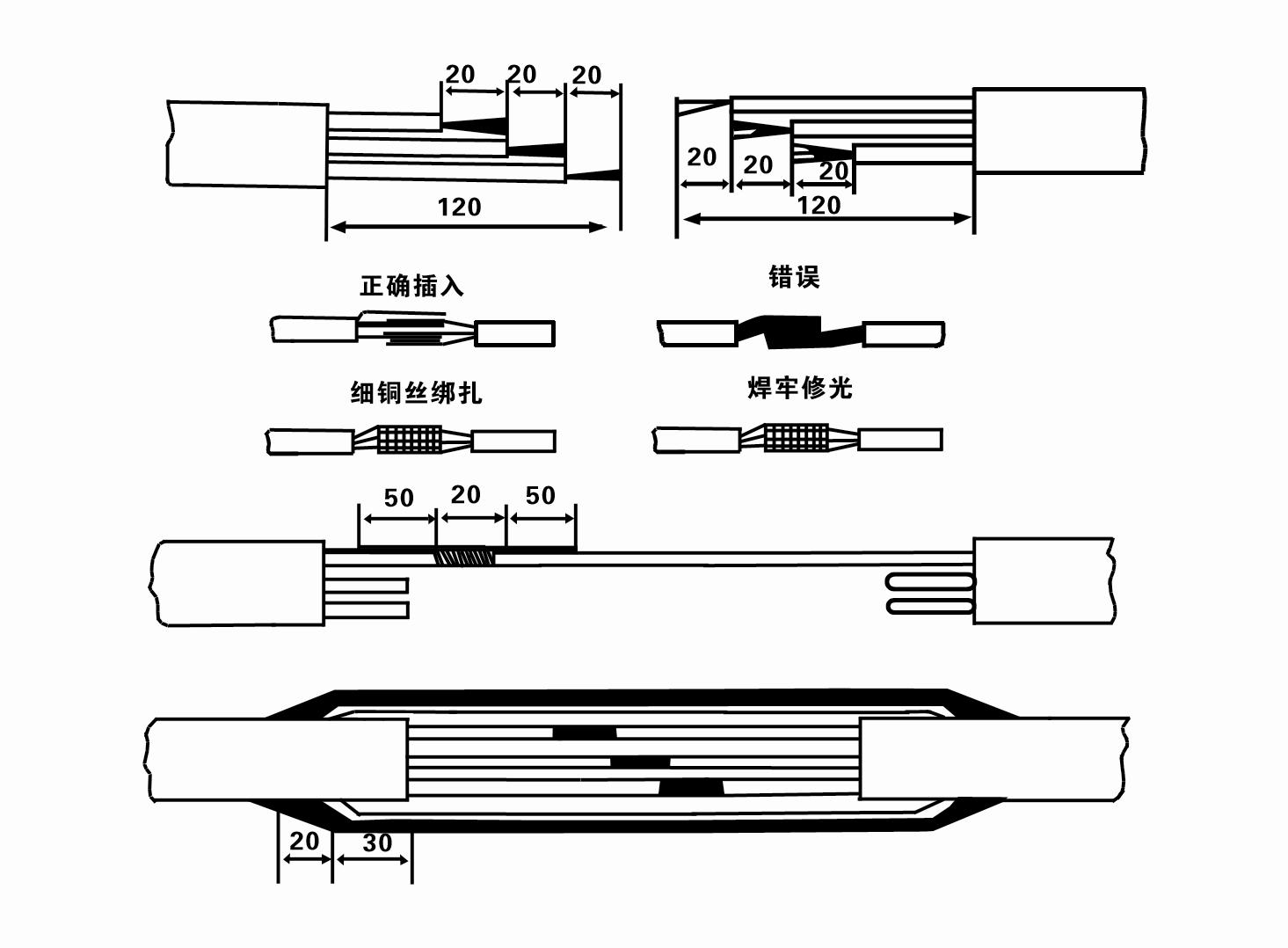Jul . 26, 2024 15:43 Back to list
Exploring the Benefits and Applications of Industrial Submersible Pumps in Various Industries
Industrial Submersible Pumps Applications and Advantages
Submersible pumps are essential components in various industrial applications, designed to operate underwater and efficiently transport fluids from one location to another. These pumps are robust, reliable, and versatile, making them a popular choice in sectors such as construction, mining, wastewater management, and agriculture. In this article, we will discuss the primary applications, advantages, and considerations associated with industrial submersible pumps.
Applications of Industrial Submersible Pumps
1. Wastewater Management One of the most common applications for submersible pumps is in wastewater treatment facilities. These pumps can effectively handle the transport of sewage and other waste fluids from collection pits to treatment centers. They are designed to handle solids and debris, making them ideal for pumping dirty water.
2. Stormwater Management In urban areas, submersible pumps are integral for stormwater management systems. They help prevent flooding by efficiently removing excess rainwater from low-lying areas and drainage systems.
3. Mining Operations Submersible pumps play a critical role in mining, especially in the dewatering processes. They remove water from mines to ensure safe working conditions, allowing for uninterrupted mining operations.
4. Agricultural Irrigation In agriculture, submersible pumps are commonly used for irrigation purposes. They can draw water from wells or reservoirs and supply it to fields, ensuring crops receive adequate moisture for growth.
5. Construction Sites During construction, managing groundwater is crucial to prevent flooding and ensure the stability of structures. Submersible pumps are often employed to dewater construction sites, allowing crews to work in a dry environment.
Advantages of Submersible Pumps
Submersible pumps offer several advantages that contribute to their widespread use across various industries
industrial submersible pump

- Efficiency These pumps are designed to operate underwater, allowing them to be positioned close to the fluid source. This reduces the need for extensive piping systems, leading to improved efficiency and reduced energy costs.
- Space-Saving Design Submersible pumps are compact and can be easily installed in tight spaces. Their design allows them to be submerged in wells, tanks, or pits, making them ideal for applications where surface space is limited.
- Reduced Noise Pollution Operating underwater significantly reduces the noise associated with pump operation. This feature is particularly valuable in residential areas or environments where noise control is critical.
- Durability Built to withstand harsh conditions, industrial submersible pumps are often constructed from corrosion-resistant materials. This durability ensures a longer lifespan and reduces the frequency of maintenance.
Considerations When Choosing a Submersible Pump
While submersible pumps offer numerous benefits, choosing the right one requires careful consideration of several factors
- Fluid Type The nature of the fluid being pumped, including its viscosity, temperature, and presence of solids, impacts pump selection. Some pumps are specifically designed for wastewater, while others may be better suited for clean water applications.
- Pump Capacity and Head Assessing the required flow rate and the total dynamic head (the total height the pump needs to lift the fluid) is crucial in selecting an appropriate pump.
- Power Source Submersible pumps can be powered by electricity or alternative energy sources, and the choice may depend on the specific application and location.
In conclusion, industrial submersible pumps are vital tools that facilitate fluid movement in various sectors, from wastewater management to agriculture. Their efficiency, durability, and compact design make them a preferred choice for many applications. When selecting a submersible pump, it is essential to consider the specific requirements of the application to ensure optimal performance and longevity.
-
Submersible Water Pump: The Efficient 'Power Pioneer' of the Underwater World
NewsJul.01,2025
-
Submersible Pond Pump: The Hidden Guardian of Water Landscape Ecology
NewsJul.01,2025
-
Stainless Well Pump: A Reliable and Durable Pumping Main Force
NewsJul.01,2025
-
Stainless Steel Submersible Pump: An Efficient and Versatile Tool for Underwater Operations
NewsJul.01,2025
-
Deep Well Submersible Pump: An Efficient 'Sucker' of Groundwater Sources
NewsJul.01,2025
-
Deep Water Well Pump: An Efficient 'Sucker' of Groundwater Sources
NewsJul.01,2025
-
 Submersible Water Pump: The Efficient 'Power Pioneer' of the Underwater WorldIn the field of hydraulic equipment, the Submersible Water Pump has become the core equipment for underwater operations and water resource transportation due to its unique design and excellent performance.Detail
Submersible Water Pump: The Efficient 'Power Pioneer' of the Underwater WorldIn the field of hydraulic equipment, the Submersible Water Pump has become the core equipment for underwater operations and water resource transportation due to its unique design and excellent performance.Detail -
 Submersible Pond Pump: The Hidden Guardian of Water Landscape EcologyIn courtyard landscapes, ecological ponds, and even small-scale water conservancy projects, there is a silent yet indispensable equipment - the Submersible Pond Pump.Detail
Submersible Pond Pump: The Hidden Guardian of Water Landscape EcologyIn courtyard landscapes, ecological ponds, and even small-scale water conservancy projects, there is a silent yet indispensable equipment - the Submersible Pond Pump.Detail -
 Stainless Well Pump: A Reliable and Durable Pumping Main ForceIn the field of water resource transportation, Stainless Well Pump has become the core equipment for various pumping scenarios with its excellent performance and reliable quality.Detail
Stainless Well Pump: A Reliable and Durable Pumping Main ForceIn the field of water resource transportation, Stainless Well Pump has become the core equipment for various pumping scenarios with its excellent performance and reliable quality.Detail
